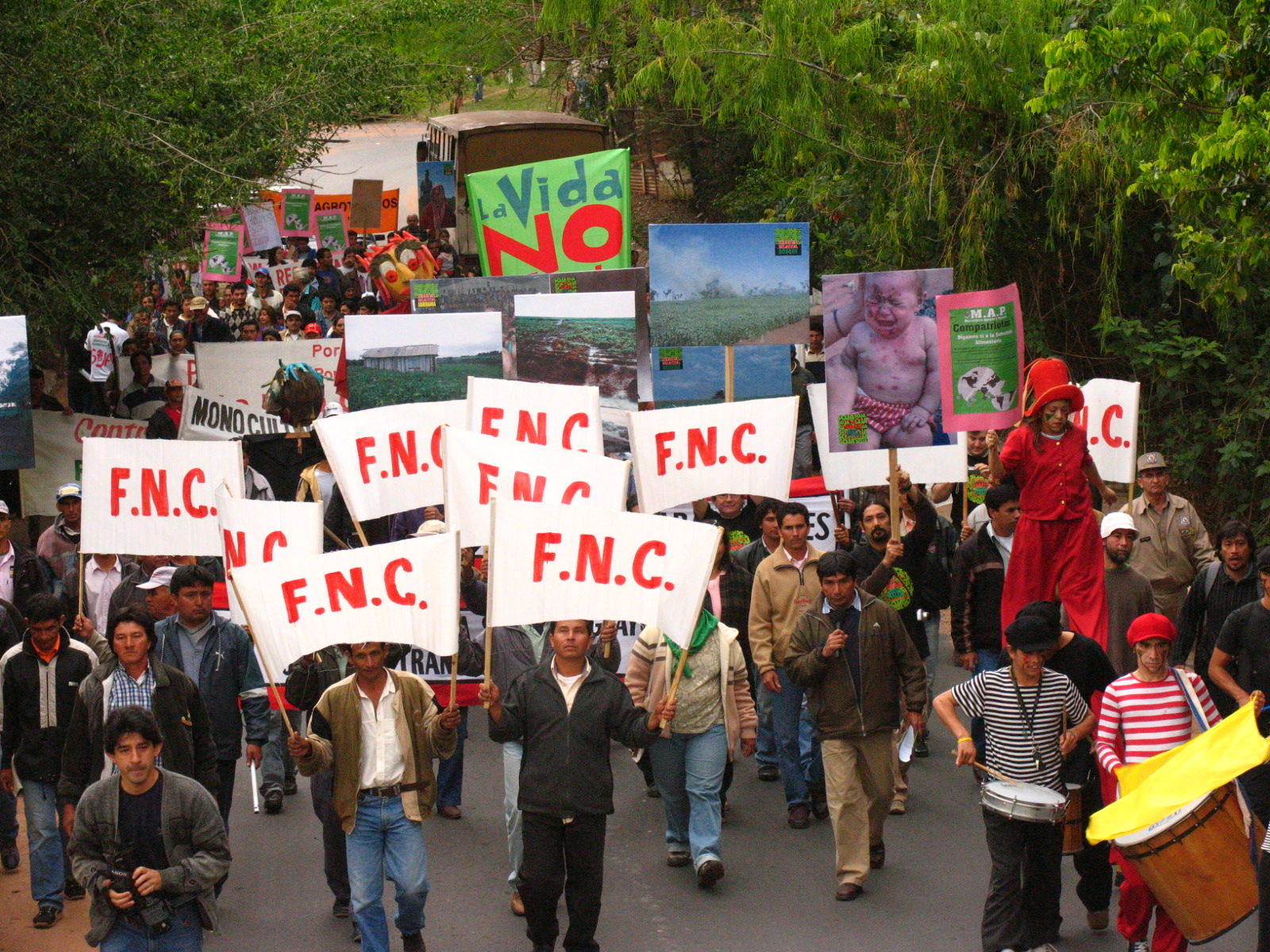Knowing your Rights
 The Importance Of Knowing Your Rights
The Importance Of Knowing Your Rights
Resources
It is of utmost importance that you are well aware of your rights, and the rights of your community or People, whenever you are confronted with a market-based conservation initiative like an ecotourism project, a bioprospecting project or a voluntary carbon offset project.
In many cases, your country’s Constitution, and the national laws of your country, include many clauses that can be used as tools to defend your rights. The advantage of national laws is that they are legally binding and directly applicable. You can even go to Court if you can make a clear case that your rights as enshrined in national laws are violated.
You may find that there are more progressive clauses regarding your rights than you had expected. In particular, countries which have made the transition to democracy during the past twenty or thirty years often have remarkably progressive Constitutions and national laws.
Seeking professional and reliable legal advice from a national human rights organization or network, or an independent attorney, is always a good idea if you think your rights might be violated by a certain project. Too many projects are allowed to violate the rights of communities and individuals, simply because people were not aware of the existence of national legislation that protected their rights.
Organizations like Amnesty International (www.amnesty.org) and Transparency International (www.transparency.org) have national offices in many countries that can be helpful in legal advice or bringing you in contact with other organizations could provide legal advice to you and your community. The national ombudsman office can often be helpful too.
There are other organizations working to achieve environmental justice that may also be able to assist you (see Resources page)
As national laws differ from country to country, it was not possible for this toolkit to include them. However, a number of international instruments are relevant for your rights too. In many countries, especially in Latin America, International Treaties are directly applicable as soon as they are ratified by the relevant government institutions (normally the President, the parliament and the senate), which means that their clauses can more or less be seen as normal, legally binding, legislation.
In other countries International Treaties need to be translated into specific national laws before they become legally binding. However, even if they are not formally legally binding, it is good to be aware of articles in Conventions and other international agreements that might be relevant to your rights.
Even though you might not be able to go to Court to defend them legally, referring to certain articles in International Conventions, Declarations or other agreements can be very helpful as a political tool, for example when you write a letter of complaint to a relevant governmental authority.
Many conservation organizations or donor organizations will feel quite embarrassed when it is publicly stated that they are violating a certain Human Rights or Environmental instrument, even though they might not be legally bound by that instrument.
Binding and non-binding instruments can also be used to hold private sector business accountable as well. While not always effective, companies often prefer to avoid any media stories that reflect negatively on them.
All in all, these instruments can be very important tools in advocacy campaigns and other struggles to defend people’s rights.
This toolkit includes links to the texts of a number of legally binding and non-legally binding international agreements that can provide useful tools to defend the rights of you and your community or People.
In some cases, these instruments have already been translated into binding national legislation. The Government of Bolivia, for example, has adopted the UN Declaration on the Rights of Indigenous Peoples (not in itself legally binding) into binding national law.
Key agreements you might need to refer include the following:
Human rights
- The UN Universal Declaration of Human Rights
- International Covenant on Civil and Political Rights
- International Covenant on Economic, Social and Cultural Rights
- Convention on the Elimination of All Form of Racial Discrimination
- Convention on the Elimination of all Forms of Discrimination against Women
- ILO Convention (No. 169) concerning Indigenous and Tribal Peoples in Independent Countries
- United Nations Declaration on the Rights of Indigenous Peoples
(not formally legally binding, but it enshrines rights, and several countries like Bolivia have adopted it as binding national law). - Regional human rights instruments. In some regions, like Latin America, these are very advanced and include an elaborate procedure to defend your rights. For example, there are Inter-American Human Rights Instruments and an Inter-American Court of Human Rights. The African Charter on Human and Peoples’ Rights also protects rights to economic, social and cultural development, national and international peace and security and “a general satisfactory environment favourable to their development”.
Environment
Environmental treaties and useful non-legally binding instruments on the environment include:
- The Convention on Biological Diversity (especially article 8j and 10c)
- The UN Framework Convention on Climate Change
- The Kyoto Protocol
- The Rio Declaration on Environment and Development
- Agenda 21
- Outcomes of the World Summit on Sustainable Development
- The UN Forum on Forests is also negotiating a voluntary global financial mechanism / portfolio approach / forest financing framework
Most of these tools can be used as arguments in the negotiation process only, although the CBD could be used in litigation in those countries where international law is directly applicable.
If UN agencies like the UN Environment Programme (UNEP), the UN Development Programme (UNDP) and the Food and Agriculture Organization (FAO) are involved, the tools above can certainly be considered useful, as these organizations are supposed to adhere to these instruments. It is also worthwhile checking their websites for further relevant international policies and guidelines.
Corporations
Useful guidelines and standards relating to corporate behaviour include:
ISO14000 environmental management standards. International Organization for Standardization







